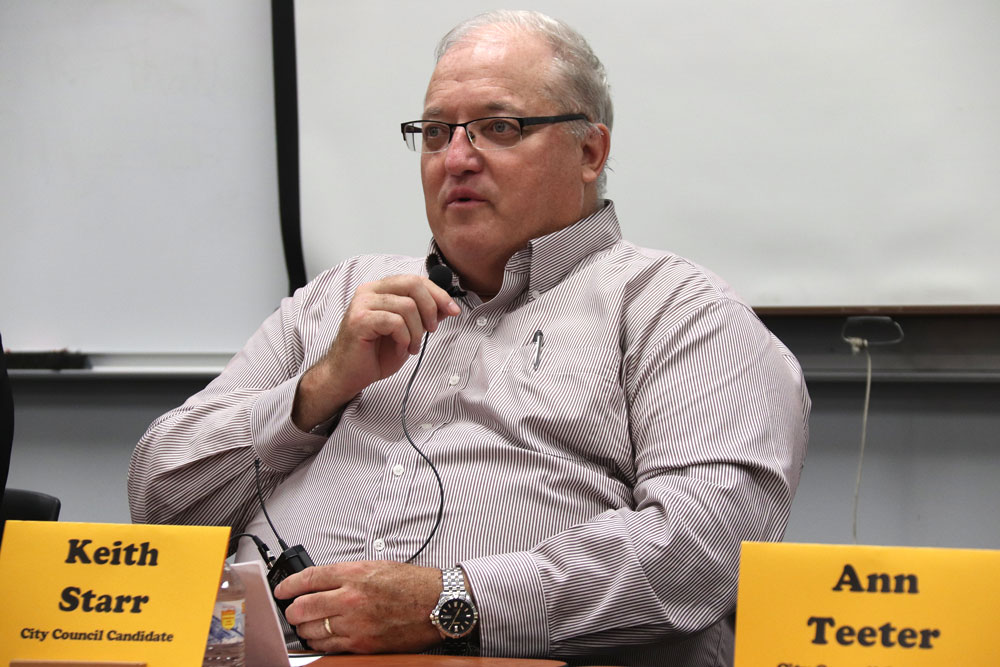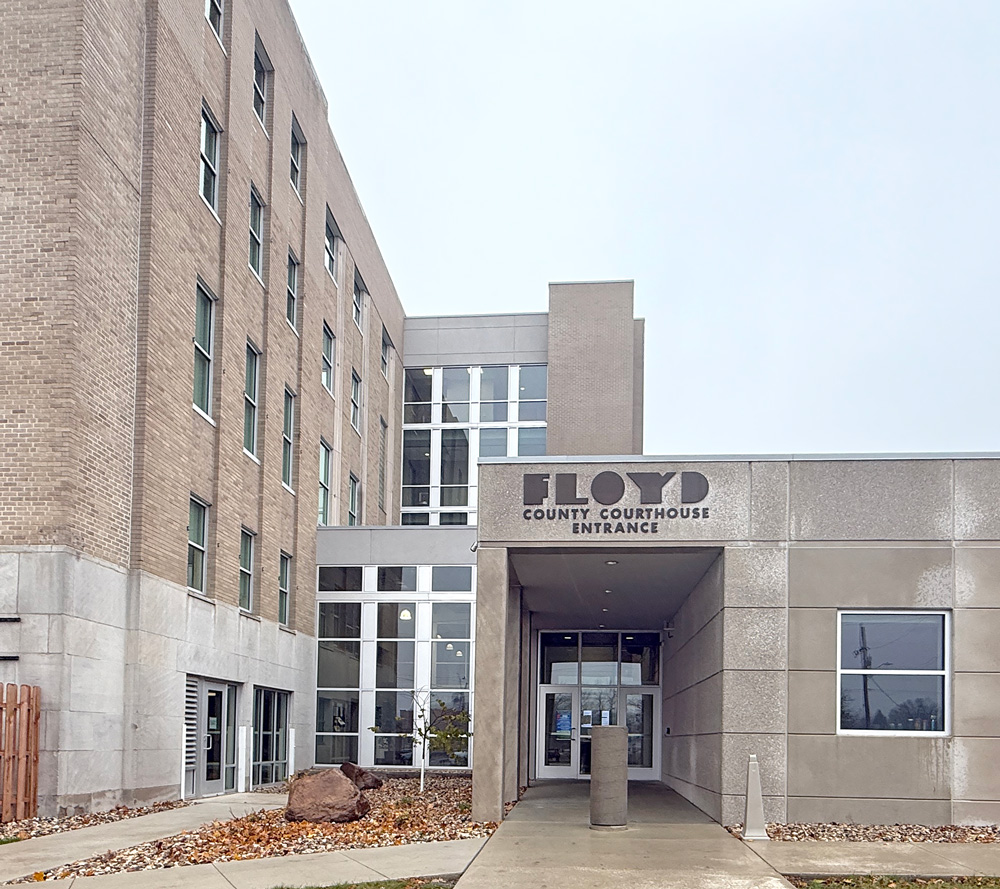Charles City teacher will present research to American Psychological Association

By James Grob, jgrob@charlescitypress.com
Charles City special education teacher and success coach Marie Conklin is taking her classroom research on the road.
Conklin will attend the annual conference of the American Psychological Association (APA) in Chicago in August to present the results of a research project she completed while working on her master’s degree in special education from Morningside College.
“I am so excited,” Conklin said. “When I started my master’s program I never in a million years would have thought I would be in this position.”
Conklin, now in her sixth year with the Charles City Community School District, works primarily with students in special education with behavior goals. She started her research last summer, and at the end of the summer she applied for a fellowship.
Her work was chosen from hundreds of applicants, and she will share her findings — and explain how they are significant — at the four-day event.
“I’ve grown a ton through the process, and I’ve grown to realize I love research, and I love to understand why things might or might not work,” Conklin said.
The APA is the leading scientific and professional organization representing psychology in the United States, with more than 118,000 researchers, educators, clinicians, consultants and students as its members.
At the annual conference, Conklin will present her research paper on school-wide interventions to target student behavior problems in the classroom. Her research project compared the effectiveness of “zones of regulation” as an alternative to “positive behavioral interventions and supports” for dealing with student behavior problems.
Dharma Jairam, assistant professor of education in the Morningside College Graduate Education Department, will co-present the research paper at the conference.
Specifically, Conklin’s thesis is on second-graders implementing zones of regulation and how they effect student behavior. The idea is to help students learn skills so they can self-regulate and better behave in school.
Conklin implemented the zones of regulation curriculum at various grade levels this year as a pilot program at Charles City.
“We’ve seen great results with kids being able to explain their emotions better and get their emotions calmed down quicker,” she said, and added that the curriculum also helps students and teachers understand how teacher behavior impacts the students around them.
“One of the things I’ve found is that, by teaching it, teachers themselves become more regulated,” Conklin said. “The feedback I get from teachers is it helps them as much as it helps the students.”
The study looked at students who are at-risk for behavior concerns who had received that instruction, and looked to see if their behavior improved. Conklin said the study found that although the end scores were not significantly different, the growth that the kids made was significant.
The study will be further implemented for all preschool through fourth grade students next year at Charles City.
Conklin said the curriculum is designed to teach people that “when we are in a state of being, we are responding to our environment.” She said that there is an expected behavior in certain environments, and at school, that expected behavior is in the “green zone.”
“You’re calm, you’re content and you’re focused — and that’s when we’re the most productive,” she said.
Other zones of regulation include the blue zone, when a student is sad, sick, tired or bored; the yellow zone, when a student is frustrated, worried or excited; and the red zone, when a student is angry, frightened, elated and out of control.
“The students learn to identify that range of emotions,” Conklin said. “It helps students to see those different feelings, and the kids learn tools to calm themselves down or get better focused.”
Students learn sensory strategies, calming strategies, thinking strategies and problem-solving strategies to help get themselves back into the green zone.
“It’s giving kids an avenue to better understand what their bodies are doing and what their brain is doing,” Conklin said.
Conklin said she would like to do a district-wide study next year.
“There isn’t a lot of research out there on zones of regulation and their effects in the classroom. How cool would it be to be on the cutting edge of that?” she said.
Conklin taught for five years in the Marshalltown School District and two years in Peterson at Midwest Christian Services before joining the Charles City district. She also serves as the Charles City Middle School drama director. Her husband, Greg, is a disabled veteran who runs his own gunsmith business from his home in Charles City.
Conklin said that the support she receives in the Charles City School District goes a long way toward helping to make the work she does worthwhile.
“It’s been my passion since I started teaching, she said. “I wake up every morning getting to do what I love.”









Social Share